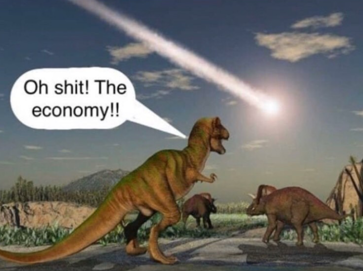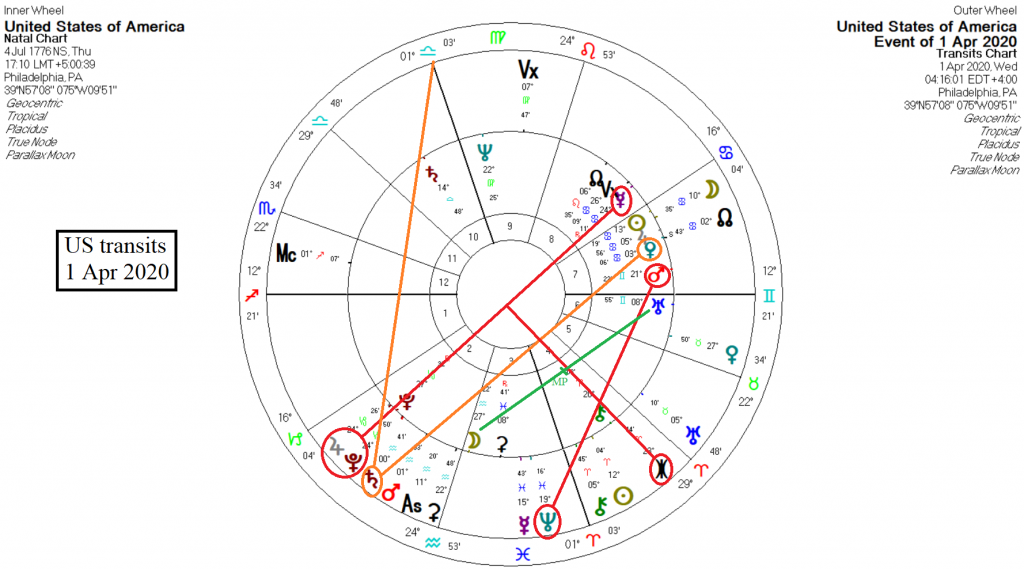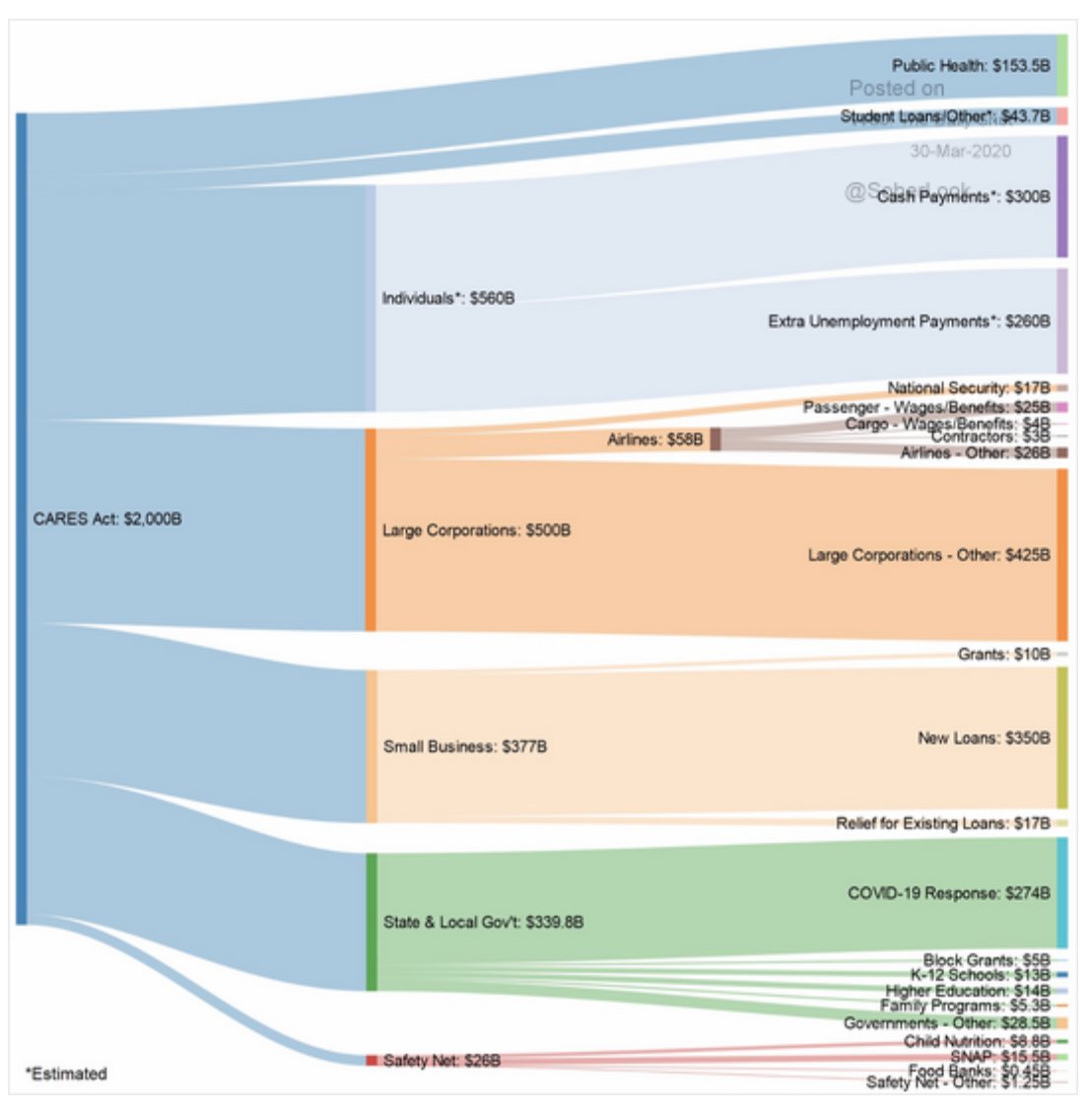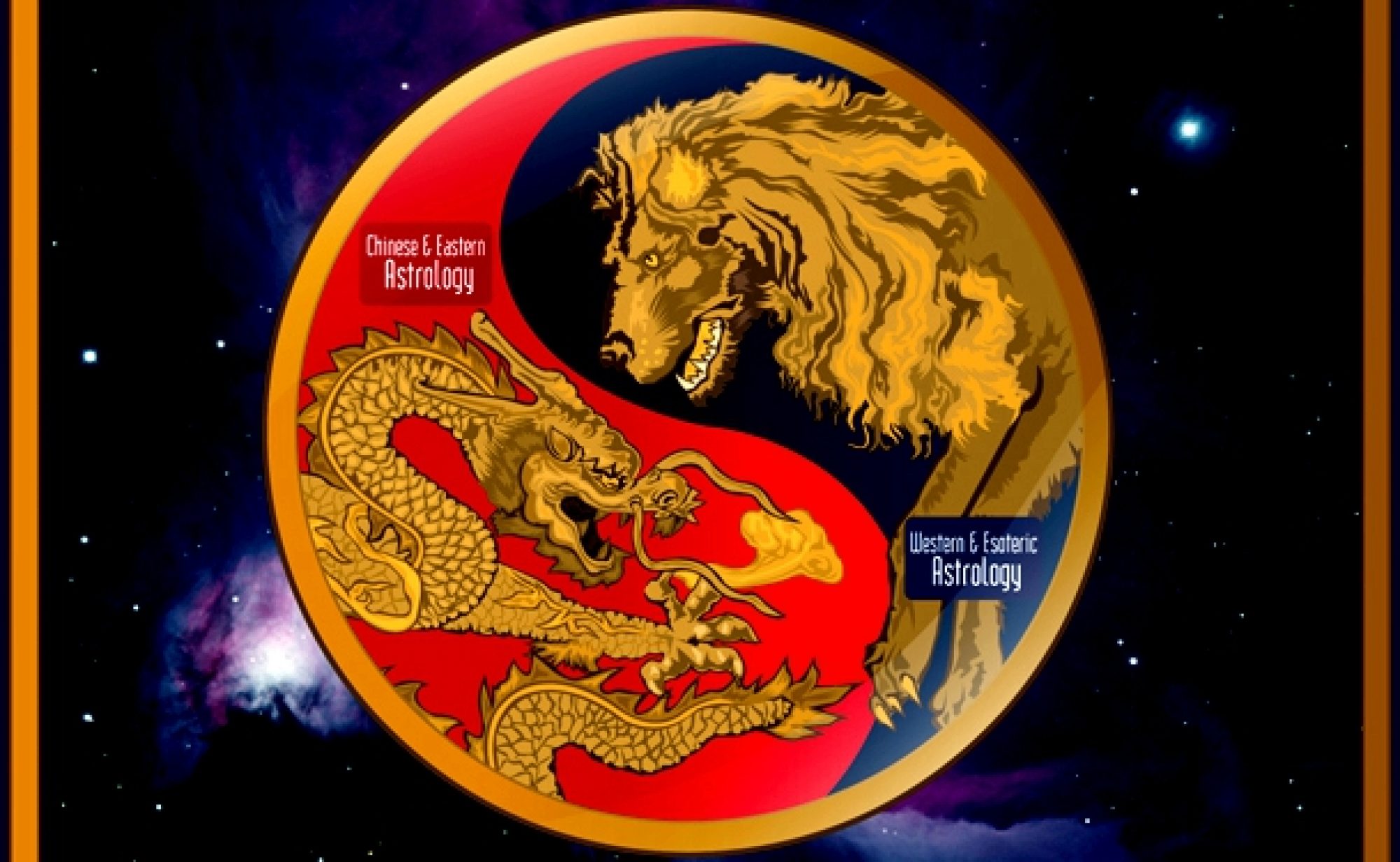We continue our investigations into the effects the current US epidemic is having on the economy and the likely results with a look at the current administration and its handling of events. There will be a ‘new normal’ after the pandemic has passed, with questions and much-needed discussions all around. The first primary impact is being felt hard in the strain the US epidemic is putting on its health services, and then in the social distancing and shutdown of businesses the former has mandated. One might disagree about the mandate, but the Italian and Spanish experience has shown the need for it. There will be more on that later.
We begin here with a look back at one episode in American history related to the solar arc directions we examined in the first post that we did not address at the time. We look back at 1841 and the direction of Ura/Nep=Venus, showing weakness of leaders and institutions, along with a ‘strange sort of love’. That combination also points to an extremely high sensitivity, of the type we are seeing now in the general population. This will have significance later in this piece.
On 4 Mar 1841 William Henry Harrison was sworn in as President. Note the timing. On 4 April that year, he died of pneumonia. Pneumonia. That disease used to be known as ‘winter fever’ and was the third-leading cause of death at the time. In Harrison’s day there were no antibiotics to treat it. The bacteria that caused it were not observed until 1875. There are no vaccines, and thus no cures for the present virus. The only method we have now to prevent a wide catastrophe is containment. Disagree if you like, but there are wider purposes to the shutdowns we are seeing, as well as other agendas.
There was a particular issue at the forefront in US politics at the time, revolving around central banking. There was no Federal Reserve in Harrison’s days. The 1st Bank of the US (BUS) was established in 1791 under Hamilton. In 1816 the US saw the institution of a new central bank, the 2nd BUS. It, too, had a 20-year charter, which lapsed in 1836 and was a central campaign issue in the 1836 election, which saw the charter of the bank scuttled as result of Andrew Jackson’s Bank War. That war is reminiscent today of Trump’s run-ins with the Fed. Upon Tyler assuming office after Harrison’s death, he revoked the charter of the 2nd BUS. Riots ensued.
The reason the preceding matters is because of a long-standing debate in the US over private property and states’ rights vs. the role of the central government. The 2nd BUS would have strengthened the role of the central government. Instead, because of the deregulation of finances that ensued from the revocation of the charter, the Panic of 1837 came to pass due to, what else, a burst financial bubble. Tyler was a member of the Whig Party. The recession that followed would last until the middle of the next decade.
The Whig Party, which was formed in 1833, and which would later morph into the Republican Party, opposed Jackson’s Bank War and the dissolution of the 2nd BUS. As to the Whigs, they, “…favored the restoration of a national bank that could provide a uniform currency, ensure a consistent supply of credit, and attract private investors. Through high tariffs, Clay and other Whigs hoped to generate revenue and encourage the establishment of domestic manufacturing, thereby freeing the United States from dependence on foreign imports.” If that sounds vaguely familiar, it is echoed in today’s foreign policy toward China and is simply another version of history repeating itself. That bit about ‘establishment of domestic manufacturing’ is what is at stake in our present cycle of these solar arcs.
What all these periods – 1841, 1930 and 2020 – have in common, is the following:
- Structural problems in the US economy that have led to speculation and bubbles, leading to large financial collapses and recessions
- Bank and business failures leading to sharp rises in unemployment
- A sharp downturn in the public mood
- Anti-immigrant sentiments, scapegoating and blame-shifting
- High tariffs and even trade wars in place by the US
- Weak or divided leadership and magnified partisanship
- A turn to pro-business politics and administrations leading up to the crises
And after the crashes of these periods, we saw reforms instituted that put the nation on a sounder path, at least for a few decades. That brings us to today and the Trump administration’s handling of this crisis.
Since the COVID-19 event first started in China, the Trump administration has been reactive rather than proactive as to the effects it would have on the US in general. Trump has had to back-pedal on virtually every statement he has made about it. Only when it was clear that the epidemic was going to hit the US hard, and then only after the stock market tanked, did we see any action on the epidemic, ‘epidemic’ meaning the infection/pandemic within a nation’s borders.
Worse still, there has been a concerted effort by certain administration officials to try to blame the pandemic on China from the start and to nit-pick the initial slowness of the Chinese response for the purpose of propaganda, when all the while there are endemic factors internationally that have contributed to all the recent epidemics and pandemics. The nativism and xenophobia we are seeing hide the true causes. The propaganda war between the US and China is now hot and heavy.
Now we are seeing stories appearing saying the wet markets are reopening in China, which is false, since doing a Google search on the images shows all the featured photos in those stories are from before the onset of the virus and often in different countries. An in the height of stupidity, there is now a 20 trillion dollar class action lawsuit to try to extract blood money from China about the virus, with no proof the epidemic really started there. There is another agenda at work in this, other than the corporate theft, and it will become clear as we go along. What we are seeing with the trade war and propaganda against China is a bipartisan attempt to decouple the US economy from China.
To be clear about what has happened in the West regarding the now-pandemic, the Chinese initially did not know what they were dealing with. Once they did know, they instituted their measures, which brought the virus under control. The danger is still there, but it is now under control. That should have bought the Western nations time. Instead, those nations sat on their hands and let the virus get a strong foothold. Why? Because it would be bad for their respective economies if they instituted the measures that China undertook, economies which were already weak. So they were advised, especially by business leaders, to delay isolation measures or avoid them altogether. Plus, they did not think the virus would take hold in the way that it has now.
Many of Trump’s advisors, with big influence on conservative policy, circulated an article titled ‘Coronavirus Perspective’, downplaying the effect the virus would have, by one Richard A. Epstein of the Hoover Institution (remember Hoover?).
As a result, Trump has gone from saying everything is under control, that COVID-19 is nothing but a mild flu, to now saying he is a wartime President. When did he change his tune? After the largest stock market crash since 2008 on 12 March. The day after, he declared a national emergency. The big question, then, is who is panicking and what is the national emergency, really?

When we look at the transits around that time against the backdrop of the solar arcs, a picture emerges. The US chart with transits for 1st April is below (bigger):

There is a unique point of reactivity, anxiety and fear in any horoscope, and it revolves around combinations of the Moon and Uranus, which we might call the ‘fear and anxiety’ midpoint. The Moon/Uranus midpoint for the US is at 18° of cardinal signs, and on March 12, Mars was transiting at 17° Capricorn and a bit, within a degree of that midpoint, and transiting in the 2nd house – the nation’s economy. It was the speculators/investors who panicked, and Trump’s re-election bid was at stake. Something had to be done.
The next day, after announcing the state of emergency, the Fed pumped $50 billion into the markets and the market jumped, only to crash again. By the end of March, Congress had approved the CARES Act and Trump signed it into law on 27 March. Transiting Jupiter and Pluto were conjunct opposite the US Mercury and on the Antivertex, also square transiting Eris. It was a gift to the oligarchs, and the massive size of it is shown in the Jupiter/Pluto conjunction. On April 1st, the Dow was down 800 points, giving the worst 1st quarter performance on record. That drop was blamed on the coronavirus. But in a truly robust economy, it would have had little impact.
Why has this bailout made little difference to bolster confidence, then, and why is it a gift to oligarchs? Here are the salient points to keep in mind, which will be clarified below:
- There have been an eye-watering 10 million claims for unemployment in the last two weeks
- Services account for 70% of the US economy, but presently the sector is in meltdown
- Sectors reliant on trade and the free movement of people are most exposed, and extends across sectors
- Investor pessimism today is as bad as it has been. All estimates of when this will end are being pushed out
- Struggling consumers can no longer carry the US economy. Thirty-six percent of U.S. workers are now involved in the gig economy. Most gig and hourly workers are walking a financial tightrope
- Consumer spending now accounts for roughly 70% of the U.S. economy. Reportedly, government stimulus may not reach consumers until the end of April. Gig and hourly workers need help now.
- Americans continue to stockpile food. People do not believe that government can guarantee supply
- Most Americans have no savings and household debt is at an all-time high
- Many businesses might not survive long enough to get stimulus, which would mean that the downturn risks sapping the power of an eventual economic rebound as the financial distress ripples through to landlords, vendors and lenders.
- Food banks are seeing a sudden, sharp rise in demand, which again reflects panic and a lack of means, as well as lack of faith in supply
Further evidence for a weak economy is in the fact that even with the CARES Act signed into law, the stock market is still tanking. Adding to this is the oil war that is in effect between the Russians and Saudis, which has pushed oil prices down to the $20/barrel mark. It is killing the US shale industry, already heavily in debt, and shows little sign of lifting any time soon. This is a concerted effort on the part of the Saudis and to a lesser extent the Russians to kill off US oil shale competition. Canadian tar sands projects are already closing down. And Russia has effectively nationalised its interests in Venezuelan oil projects to avoid sanctions and to stabilize the situation in Venezuela’s energy sector.
The CARES Act is a 2 trillion dollar relief package, the largest in US history. But, who is it really relieving? A graph gives us the picture:

There are just over 200 million working-age adults in the US. The total maximum that each individual could conceivably receive would be around $3000 – maximum, but hardly likely. Then we see things like student debt deferment (how about forgiveness?), rent deferment (but only for people with federally backed loans) for six months (suspension for six months would be better) and then increased benefits for freelancers, gig workers and furloughed employees, which will help.
To put the individual benefits into context, out of the possible $3000, a one-time payment of $1200 will come in a check with Trump’s signature on it. If you have to be treated for the virus, you won’t have enough to pay for treatment, because the average gap payment is $1300, thanks to the insurance industry. That check is a one-time payment. What happens if businesses are shut down for 2, 3 or even 4 months, or if payments do not come immediately? So, a grand total of $600 billion (30%) is going to individuals, and this is supposed to stimulate individual spending, at a point in US history where people have high credit card debt, high medical expenses, high prices for rent, and so on. But, it gets better.
$500 billion (25%) of the Act is going to big business. Why? It is a valid question. The reason the stock market has been so high is because these same big businesses have been doing stock buy-backs to increase their stock value rather than investing in their employees and industry. There is where the real heist has been, as it has eroded workers’ benefits, safety, wage growth and futures. And now our tax dollars are bailing them out. Sure, these companies are barred from doing any stock buy-backs for a year, but what will they do with that bailout money in the interim? That will be an interesting thing to watch.
Supposedly the bailout to big business is meant to ‘stabilize’ those companies in key sectors, such as airlines. A better move would be government investment in those companies at high risk (yes, partial nationalization) until the crisis has passed. The airline industry, Boeing being a classic example, has been one of the worst offenders when it comes to company laxity, stock buy-backs and opulent executive salaries. Instead of just handing them money, perhaps they need government regulators to come in and clean them up, all the while keeping the employees’ jobs secure.
The preceding goes to a point: If there is going to be any change toward a more just sense of values in US industry, financing and banking, there needs to be instability and a real sense of anxiety within the higher-ups in these companies, even to the point of the possibility of prosecution for an extended period. That may sound counterproductive, but it would cause a needed re-think in their practices. Bailing them out is like giving an addict their poison of choice in the hopes that they will change their behaviour. It won’t happen. There is more we could cover regarding the bailouts, but this is enough for our purposes.
And then the question arises: From where is all that bailout money coming? When the COVID-19 lockdown started here in Italy, every day there was a seemingly constant sound of helicopters flying patients in and out of the hospital. Now helicopters of a different sort are flying over the US, in what is otherwise known as ‘helicopter money’. That is where the money for the CARES Act actually originates, because it is not based in anything of real value. It is available because the government is able to print money.
Helicopter money is a term coined by economist Milton Friedman of the Chicago School, mentioned in Part I. It refers to boosting an economy by injecting currency into an economy by simply throwing money at it by printing it, as in showering a populace with cash by throwing it out of a helicopter. A funny scene comes to mind, and with relevant symbolism to today (video). Turkeys cannot fly, and neither can economies from helicopter money. It won’t be so funny when reality hits.
Zimbabwe, Argentina and post-WWI Germany give us prime examples of what is likely or possible to happen from such helicopter funding. It is possible it can work as a one-off attempt, but that depends on factors that are just not in place at the moment, such as confidence in government, confidence in economic principles, outside factors that do not go on for too long, lack of corruption, proper regulation of finances and so on. Zimbabwe’s example should be front and center in what can happen with the CARES Act if it is not properly supervised.
Coming back to the directions in the US chart, and then a look at transits, a lot depends on the public mood as to whether or not the administration’s efforts work out. The public mood is represented by the US Ascendant. There are two directions to the US Ascendant, Sun/Jupiter and Mars/Pluto. The former, with all being well, is one of the ‘wealth directions’, hence the helicopter money. In 1841 that represented American expansionism westward. In 1929 it was the stock market boom. Pluto is semisquare the US Ascendant natally, so we also have Plu=Sun/Jup: “The expectation of good luck, the acquiring of wealth, the state of happiness.” But then, there is the latter one, Asc=Mars/Plu: “Daring and temerity, the desire to face danger. – An accident”
In 1841 that direction represented the pioneering spirit and the dangers that were present. In 1930 it was facing the uncertainty of a collapsing economy and today it is facing the epidemic along with the economy. There is also another side to ‘facing danger’ for the US public, as is shown in the carelessness of college kids going on spring break, for instance, gathering on the beaches and then bringing the virus back home.
Then there are the pastors inviting everyone to church to pray en masse, ignoring the warnings, and in the name of ‘religious freedom’. Public health be damned. That was how the virus took hold in South Korea and in Iran. One such pastor in particular has since been arrested. Apparently no one has told him that prayer does not rely on physically being present. It is a subjective link. The best is for people to pray and meditate at stated times, rather than gathering physically in circumstances like these.
All of those directions together point to an extreme in one of two ways, either 1) a collective push to change conditions along with the emergence of a strong and decisive leadership, or 2) throwing caution to the wind, resulting in very destructive behaviour. In the past the former has held, whereas now, conditions are different. The transits give us some clues there.
Leadership and services are weak, with transiting Saturn approaching a quincunx with Venus, even though it trines the Midheaven. But Venus rules the 6th (services) and 10th (leadership) houses. The Uranus/Neptune midpoint directed to Venus gives: “One-sided revelling in love. – A peculiar kind of love.” With the transit of Saturn, that spells insecurity in the secors Venus rules, along with the public mood. And that brings us to the last direction under consideration, that of Pluto to the US Midheaven.
Pluto directions and transits to angles in a national chart can point to a variety of factors, including subversive influences, plutocrats pulling the strings of government or controlling public opinion (a transit of Pluto to the US Ascendant at 9/11 changed the American narrative toward the Middle East and subverted public discourse, souring the mood of the country), but also the ability to organise, the exercise of prudence, people of vision coming forward, and bestowing the authority to get things done. The latter points are what we saw with FDR waiting in the wings in the previous cycle, so we wonder if such a leader will step forward this time around. That direction comes into force (i.e. within a degree of orb) in just over a couple of months, to be exact on the MC in August of 2021. That Pluto direction can also point to the collapse of the government, which is a possibility.
As to the economy, there is the direction Moon/Pluto=Saturn, Saturn ruling the 2nd house (economy). The connotations in each of the previous cycles of these directions have been as follows: “A one-sided emotional life, grave inhibitions. An inclination to depressions, mental and emotional suffering.” And that is exactly what we have seen in each case (1841 and 1930), and are seeing again. That brings us to the current efforts to relieve the economy, as if those efforts will fix it.
Printing money is not going to solve the problem. Oh, it will give a temporary boost, but then the markets will come crashing down again, as we are seeing. Have you ever tried to push a string? You don’t get very far. To pull ourselves out of this mess we must produce something of value. There is no free lunch in nature. That is what President FDR knew and implemented in the 1930s with the New Deal and the Banking Act. It worked, too. And the speculators, banks and Wall Street hated him for it. But it strengthened the middle class and America’s democracy at the same time. There again, the aforementioned hated him for it.
Had FDR not implemented those policies, WWII and the depression in the US may have dragged on for much longer and perhaps turned out quite differently, because American infrastructure and manufacturing simply would not have been in place to the extent it was at the start of WWII. And there would have been fewer trained workers. FDR tapped into the potential of the US natal Sun/Jupiter conjunction, speaking astrologically, and the natal square to Saturn organized it into its true potential.
We are staring into a monetary abyss, with a deeply dysfunctional economic system in the US and Europe. The East is better prepared. Russia will weather the crisis, and China has already restarted production. The Russians, for their part, are taxing their oligarchs, specifically their offshore accounts. That will be used to support struggling families during the crisis. It is also part of a long-expected tax reform package. Instead, in the US we are probably looking at a further tax cut for the wealthy, further draining the government coffers. So, what will we do in the West? That is the question:
Now will we take the opportunity handed to us and tighten our belts, demand debt liquidation, corporate bankruptcies and a complete reshuffling of the global capital order? Or will we choose to be complicit in debasing ourselves through access to the printing press, actively devaluing our time and labor by accepting digits added to our bank balances which no one sweated or worked to produce?
Bankruptcies or bailouts? That’s the question you should be asking yourself. You can’t bail out Main St. without bailing out Wall St. To bankrupt Wall St. and all that it funds a lot of us will have to be bankrupted as well.
It is not a happy choice. If we do not change the system to a more just economy, as we had under FDR, for instance, then we face an even greater instability and insecurity into the immediate future. But this virus is giving us exactly the kind of space and motivation we need to sort this out. I do not want to see anyone needlessly suffer. But there has to be an end to our conspicuous consumption, an economy based in debt, with little or no safety net for those in society who are more vulnerable.
This virus is also showing the need for a comprehensive overhaul of the American health care system, which currently places ability to pay over the health of the patient. Change in these areas are coming. Count on it. And there will be suffering in the interim, but that will lead to better choices into the future. We have been here before. And we will move through it again, hopefully the wiser for it.
There is one final point to address here. Instead of real, incisive decision-making to address the crisis, what we are seeing is an attempt to control the narrative in the US again, and to shift blame away from the policies and people who have made a hash of the economy and the crisis thus far. That is indicated by a transit of Pluto across from the US Mercury, the latter ruling the 7th (enemies and legislation) and co-ruling the 9th (foreign affairs and the judiciary). In addition, there is a transit of Eris square to that opposition, making a powerful t-square regarding matters Mercurial (trade, media, air travel, local transport, discourse, indoctrination and education).
The vitriol directed at China in mainstream and social media in the US is one result of the transits mentioned, as well as toward any nation that the Beltway does not like. And such nations are giving aid freely to other nations, even to the US now; Cuba, Venezuela, Russia, China and so on. In crises such as this there is no greater need than for that of cooperation between nations, for setting aside differences and for putting the blame squarely where it belongs – in our own household.
The people in power, the plutocrats, the people who benefit from the economy as it is (as in getting rich from it) will fight hard to keep their gains from the past decades in place. The longer the crisis continues, the shakier their position becomes. We are only just beginning this change now. It will drag on, and it will probably get uglier. But to change it, we need to stand together for change, to have faith, first in ourselves and then in our common sense of humanity. And then there is the wisdom borne on experience, as in what has worked in the past. The world is changing fast. It is up to us to seize the moment. Listen with your heart and common sense. Then the road ahead becomes clear.
Featured pic from ESCP Finance Society


Are you an American citizen, Malvin? I didn’t know that.
Dual citizen. American-Aussie.
Lucky ……I am so pleased to have Dual citizen – NZ_Aussie
Thanks for this fantastic insight into the US and its economy. I so agree re the East and its fortitude in these coming times.
I feel for the Americans, the everyday populace who have had almost every ‘workers’ right taken from them.
It will be interesting to see what happens over the next 3-6 mths. Will the election go ahead? Will Trump wiggle his way out of this?